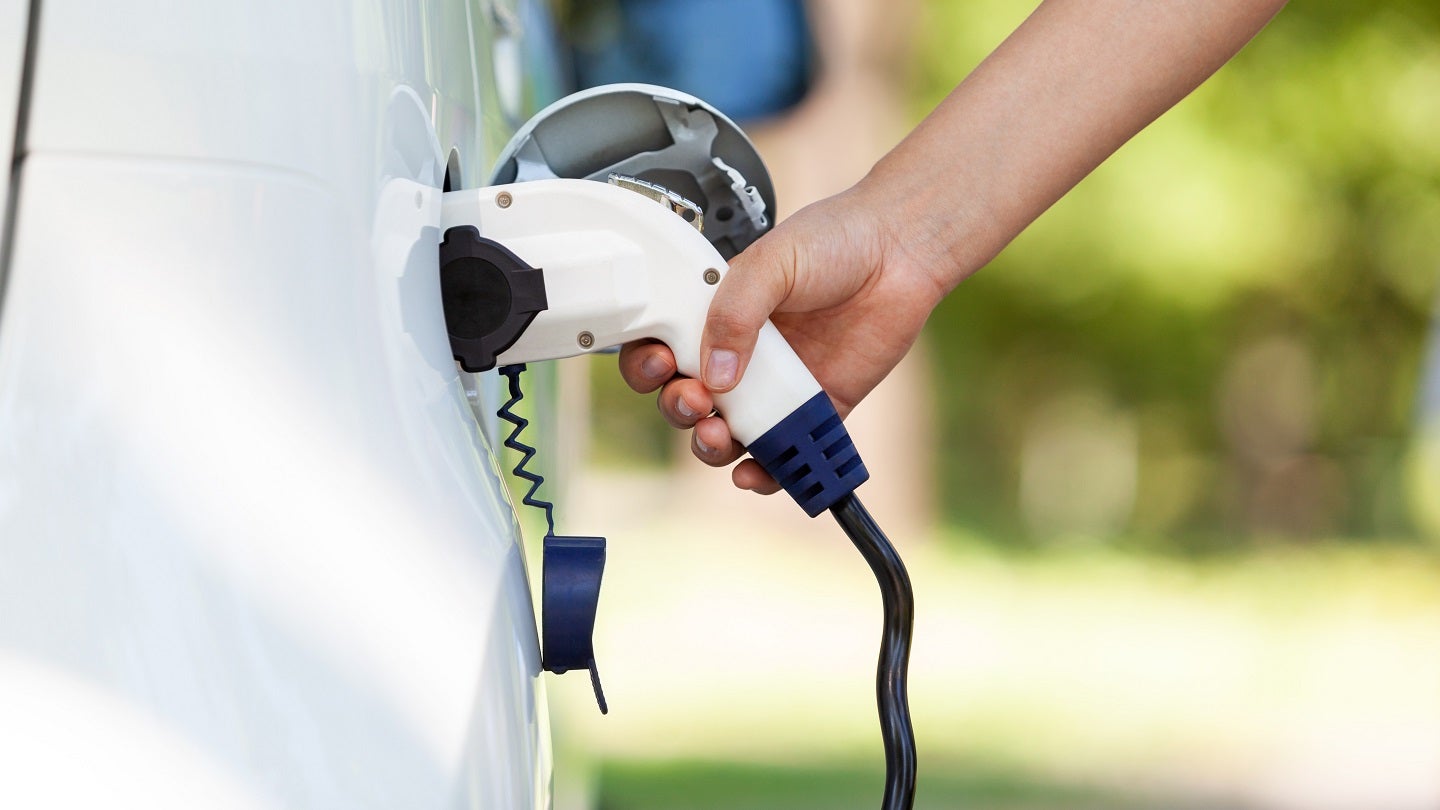
Cox Automotive has warned that the UK zero-emission vehicle (ZEV) mandate could affect new car supplies despite a positive market outlook.
New car registrations are expected to exceed two million in 2024, according to Cox Automotive’s latest Insight Quarterly report.
While the start of the year saw a 10.4% year-on-year increase in new car registrations, the long-term effects of the ZEV mandate on the sector remain uncertain, especially with the upcoming general election and the market’s return to pre-pandemic levels.
Cox Automotive has revised its 2024 forecast for new car registrations, now predicting figures could surpass two million, with an optimistic scenario of reaching 2.2 million.
This adjustment is based on the assumption of a stronger performance in the latter half of the year, coupled with economic stabilisation and manufacturers’ efforts to comply with ZEV mandates while capturing market share.
Despite the positive growth in Q1, insight director at Cox Automotive, Philip Nothard, notes that the figures are still 17.9% behind the pre-pandemic average from 2000 to 2019.
How well do you really know your competitors?
Access the most comprehensive Company Profiles on the market, powered by GlobalData. Save hours of research. Gain competitive edge.

Thank you!
Your download email will arrive shortly
Not ready to buy yet? Download a free sample
We are confident about the unique quality of our Company Profiles. However, we want you to make the most beneficial decision for your business, so we offer a free sample that you can download by submitting the below form
By GlobalDataNothard added: “Double-digit growth in the first three months is no mean feat and cannot be easily dismissed. But it trails far behind figures before the pandemic and is, indeed, 22.2% behind the figure for 2019 alone.
“So, the numbers are charged with positivity, but the market is a long way off what could reasonably be characterised as ‘normal’.”
Private registrations, which accounted for 40.4% of the market share, have seen an 8% decrease compared to the previous year.
Consumer hesitancy towards electric vehicles persists, with concerns about affordability and infrastructure contributing to the reluctance.
The ZEV mandate, which came into effect in Q1, requires carmakers to sell a growing percentage of ZEVs each year, leading up to the 2035 ban on internal combustion engine (ICE) vehicles.
Non-compliance results in a significant fine of £15,000 per car.
Manufacturers can mitigate these fines by borrowing ZEV ‘allowances’ until 2026, albeit with a 3.5% annual interest fee.
This provides some leeway for OEMs struggling to meet annual targets.
However, to meet the required 22% ZEV sales, manufacturers might consider reducing their overall UK market volume, as suggested by Cox Automotive.
Nothard said: “With the UK’s ICE ban deadline U-turn, a palpable lack of help for the sector in the most recent budget such as the government addressing the VAT discrepancy between domestic and public charging, it may well be that an unintended consequence of the ZEV mandate could be a drop in the supply of new vehicles.
“Manufacturers looking at the UK market may change tack and opt to put their cars into less stringent markets in other parts of the world. It is still early days, but clarity on how the sector will react in the inaugural year of the mandate has yet to materialise.”
Electric vehicle registrations in Q1 constituted 15.5% of the market share, a marginal increase from the previous year.
While the shift towards electric is gradual, the fleet sector drives growth as carmakers encourage EV adoption.






